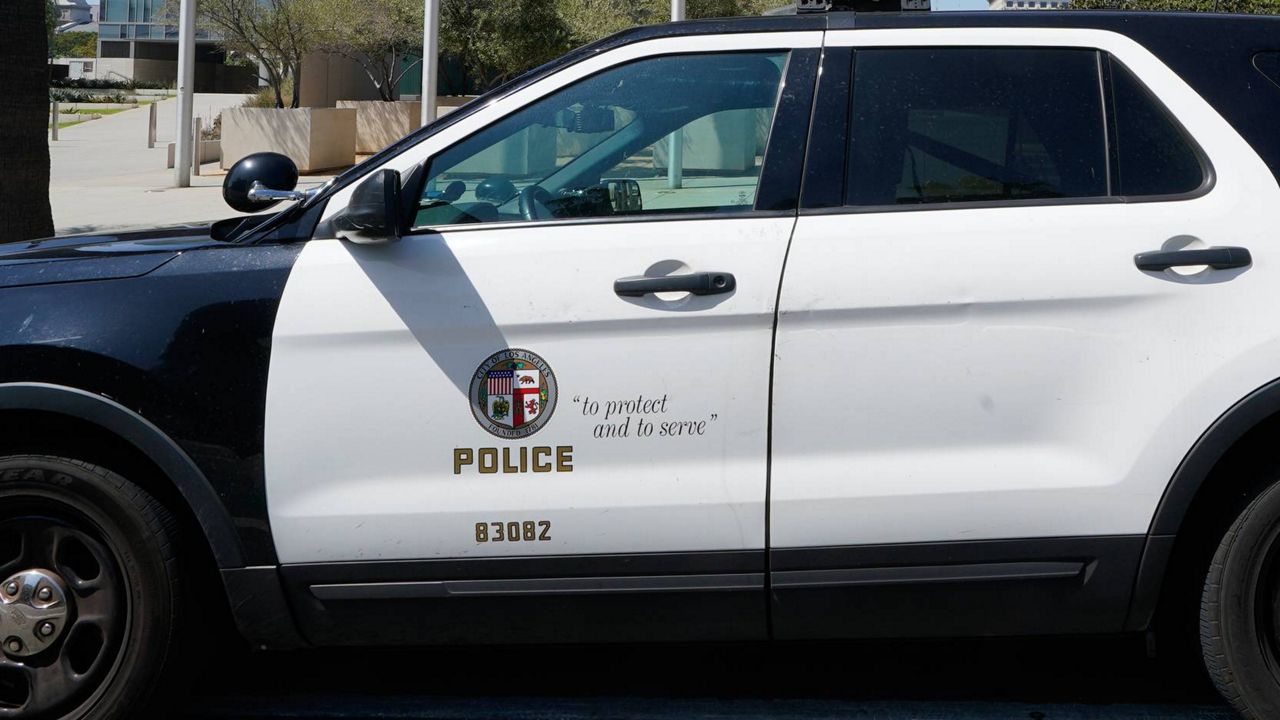LOS ANGELES — The Los Angeles City Council is expected Tuesday to approve a proposal that is intended to change the police discipline process and give the chief the ability to fire officers.
If passed, the city would then place a measure on the November ballot and voters will ultimately decide whether to implement those changes to the City Charter.
Council members Hugo Soto-Martinez and Tim McOsker called for reforming the Los Angeles Police Departments disciplinary process last year.
They've proposed giving the chief the ability to fire officers with cause, changing the composition of the LAPD's Board of Rights from — what currently is — two sworn officers and a civilian member to one sworn officer and two civilian members, and repeal an option for an all-civilian board, making it one sworn officer and two civilian hearing officers instead.
In addition, the proposal would create a process to appeal if officers are terminated by the chief, under a process known as binding arbitration — similar to court procedures where evidence is presented and a judge issues a ruling based on the facts.
Disciplinary actions taken against members of LAPD are reviewed by the board, a three-member panel that serves as a quasi-judicial body, hearing evidence related to charges of misconduct, determining guilt and deciding penalty.
The council members intend to make it easier for the chief of police to fire officers found to have committed serious misconduct. They also look to correct, what is known as, Charter Amendment C, approved by voters in May 2019 and authorized officers facing disciplinary action to request an all-civilian Board of Rights panel.
They also seek to address issues where problem officers keep their jobs, continue collecting paychecks, but are prevented from conducting their regular duties — often placed on desk or administrative work.
One of the goals of Charter Amendment C was to increase police accountability, but an analysis of almost four years of Board of Rights hearings and results shows the opposite is true — with all-civilian boards removing fewer officers found to have committed serious misconduct. These all- civilian boards were also more lenient by reducing penalties, according to a report from the City Attorney's Office.
The proposal has recently been criticized by members of the Los Angeles Board of Police Commissioners.
Commissioner Rasha Gerges Shield said last week, during their Tuesday meeting, that she wished for a greater opportunity to provide feedback on the proposal. She took issue with using binding arbitration, a "controversial element," to resolve disciplinary cases.
Commissioner Maria Calanche had added, "It's unfortunate that the commission couldn't weigh in on these discussions. There's a lot that we deal with that could've provided insight."
The Los Angeles Police Protective League, the union representing the department's rank-and-file, had previously said it supported binding arbitration. The LA Times reported that the union also backed giving the chief of police the power to terminate officers with cause.
In 1992, after the Rodney King riots, voters enacted the LAPD's Board of Rights with two officers and one civilian.



